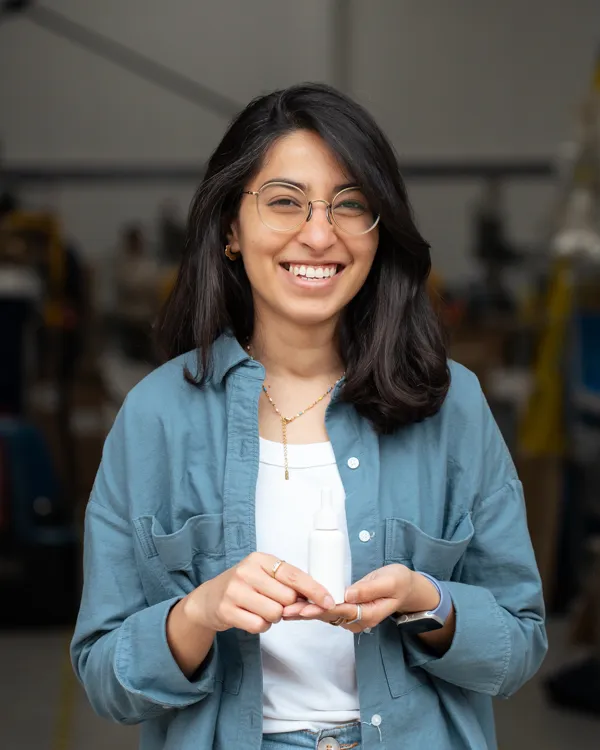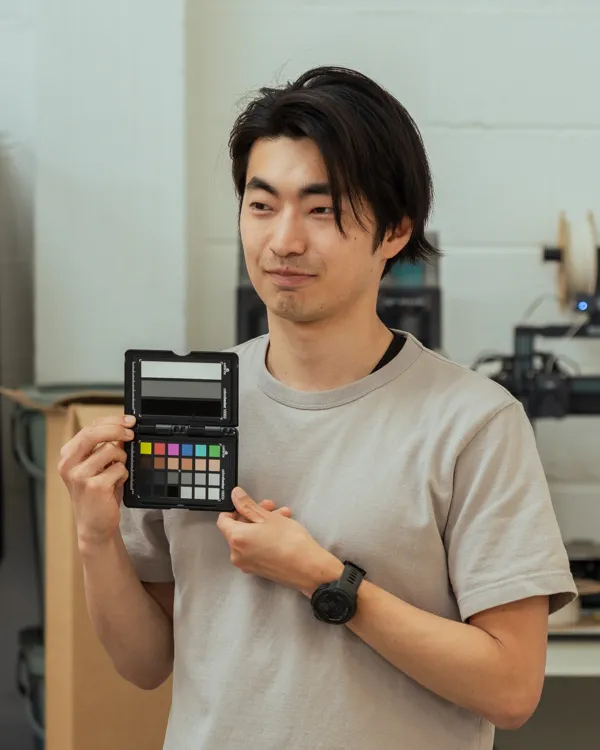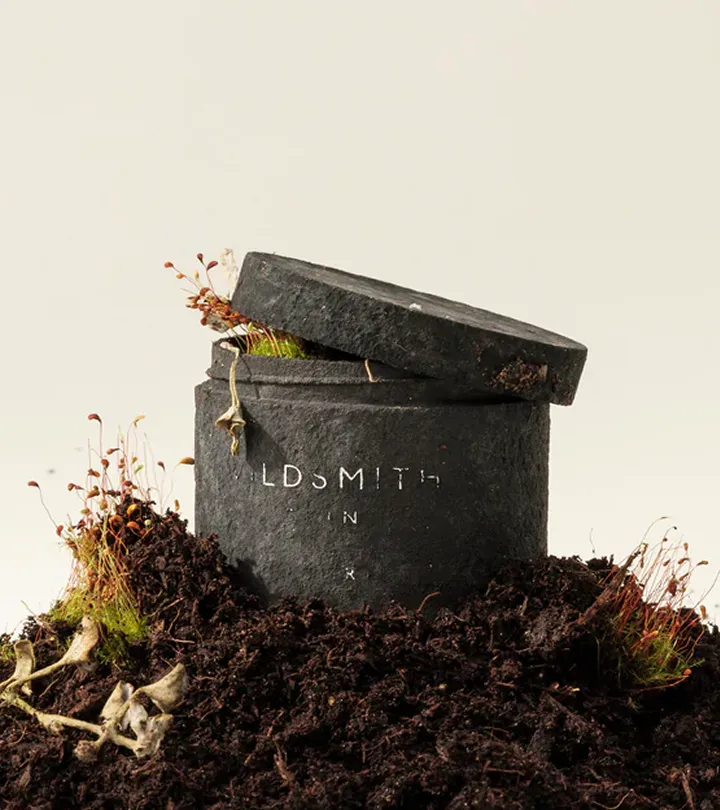




Plastic-Free Packaging, without the compromise.
Beautiful, functional, andstable in use.
- Week 00
- Week 02
- Week 04
- Week 06
- Week 08
- Week 10
- Week 12
- Week 14
- Week 16
Product images from biodegradation within a rotating hot composter in a south facing location in London. Internal temperature between 30-50C. Regularly maintained with food waste and garden trimmings. Degradation continued up to 52 weeks.





Vivomer enables brands to move beyond plastic, without compromising on performance, aesthetics, or sustainability. Ideal for unrecyclables, it offers the function of plastic without the waste. Better for health, better for the planet.
No compromises, just innovation that looks good and does good.












Made with
plants
not plastic
Made with plants not plastic
At Shellworks, we’re reimagining materials for a non-toxic, waste-free future.
Over the last five years, we’ve collaborated with nature to create Vivomer™, the natural evolution of plastic. Made from waste biomass, for example from plants, Vivomer is crafted through fermentation and formulation to behave like plastic, but without the harmful legacy.
Vivomer is plastic as it should be - versatile, beautiful, and functional. It can be rigid or flexible, matte or glossy. But unlike conventional plastics, it's always home-compostable, microplastic-free, and free from toxic chemicals like BPA and PFAS.
Safe for our bodies. Gentle on the planet. Ready for the next generation.
Made
at scale
We do what others call impossible, and we do it at scale. Our materials aren't theory, they're products. In the real world. At real volumes. Transforming the future of materials doesn't happen in a vacuum - it happens through relentless testing, iteration, and the belief that there is a better way.
We're here to build it.
Vivomer is completely natural
Plastic Free
Vivomer is a natural biodegradable polymer. Vivomer is free from fossil-based, conventional synthetic plastics and their bio equivalents.
100% Bio-Based
100% bio-based polymer. Vivomer contains minerals and pigments suitable for home composting.
Home compost certified
Vivomer is certified as OK HOME compostable by TUV Austria. All products are designed to break down in healthy home compost within 52 weeks.
Shelf stable + zero waste
Vivomer products are entirely stable in use and will only break down once disposed of. Vivomer has been tested to demonstrate home compostability (TUV OK HOME), Industrial compostability (EN13432), Marine biodegradability (ASTM D6691) and will biodegrade in landfill conditions (ASTM D5511).
No toxins
Vivomer does not contain any toxic
additives as per REACH SVHC lists.
No microplastics
Vivomer will not create persistent microplastics and will biodegrade entirely into elemental compounds (water + CO2) once disposed of.
No petrochemicals
There are no petrochemical derivatives, additives
or polymers present in Vivomer. This includes dyes and pigments.
No Phthalates, PFAS, BPA
We do not add phthalates, PFAS
or BPA in Vivomer formulations.
Engineered to last.
Designed to disappear.
Vivomer pushes the boundary of what is possible in terms of physical properties and shows that sustainable biomaterials can achieve longevity and high performance. No toxicity and no compromises.





Our Promise
When you see Vivomer™ on a product, you're choosing a material made with care and intention. It's made from plants, not plastic. Free from toxins, petrochemicals, and anything that doesn't belong in or on your body. It's our seal that promises it's always home-compostable, microplastic-free, and safe for the world it returns to. It's proof that performance, safety, and sustainability can all live in one material.

a. Our in-house composters filled with products and food waste that provide us with real-world data.

b. No matter the formulation, rigid or flexible, matte or glossy, every version of Vivomer is tested to the same rigorous standards. Some degrade faster than others, and some surprise us along the way, but one thing remains constant: they all break down, exactly as nature intended.

c. We combine qualitative data with quantitative data to understand how each product form we create breaks down in real-world conditions.

d. At Shellworks HQ, we run our own compost system, powered by our team's food waste, to replicate real-world home composting conditions. It's how we turn the everyday art of composting into a rigorous science.

e. Every degradation pattern is beautifully unique, highlighting nature's variability and the organic process at work. The end result, however, as certified by TÜV Austria, is always complete degradation - back to it's original organic building blocks, ready to restart its cycle of life.

f. Pulling pieces from home compost pauses the process, a snapshot of biodegradation frozen in time. We keep these fragments to document the journey, and honestly, we think they're beautiful. A quiet momento of what the future of materials is.

Amir Afshar

Insiya Jafferjee

Anand Jay Gaston

Andrea Kung

Daniel Hale

David Cattermole

Donghyeon Seo

Ella Cope

Florie Guneratne

Inés Cid Blasco

Jacob Sinopoli

Jamie Gilbert

Jasper Driessen

Katherine Manshreck

Katya Foong

Kelan Patel

Natalie Connors

Niels Werner Hersmann

Robert Woods

Siobhan Sugrue

Thomas Adey

We are always looking to meet people passionate about moving away from plastic. If you have a project in mind, please get in touch - we'd love to hear from you.
Catalogue and Bespoke product enquiries
sales@theshellworks.comCareers and life at Shellworks
careers@theshellworks.comSaying hello and everything else!
hello@theshellworks.com









